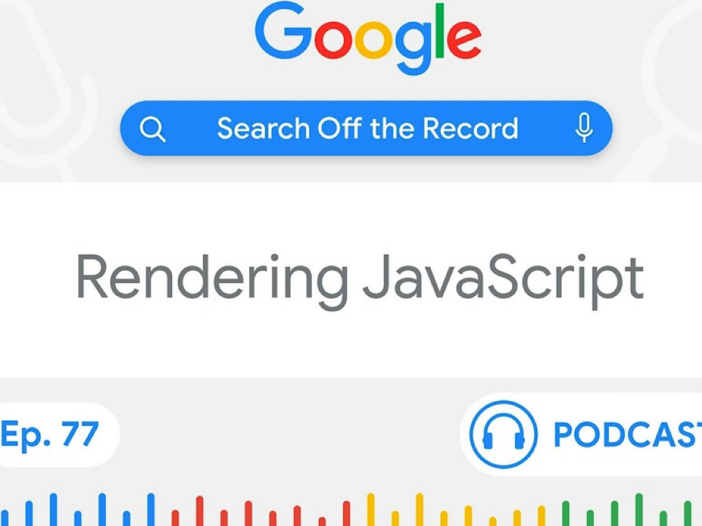
Join us in analyzing 3 case studies that show the importance of driving brand search behavior and engagement, and how to do it in months, instead of years.
Maximize your SEO efforts in 2024 with insights on Google’s SGE, algorithm updates, and expert tips to keep your site ahead.
Download this guide and learn how to optimize and manage Google Performance Max campaigns, with expert insights and actionable strategies to ensure your campaigns are effective.
Join us in analyzing 3 case studies that show the importance of driving brand search behavior and engagement, and how to do it in months, instead of years.
Join us in analyzing 3 case studies that show the importance of driving brand search behavior and engagement, and how to do it in months, instead of years.
Join us as we dive into exclusive survey data from industry-leading SEOs, digital marketers, content marketers, and more to highlight the top priorities and challenges that will shape the future of search in 2025.
Google renders all webpages, including JavaScript-heavy sites, for search indexing.
In a recent episode of Google’s “Search Off The Record” podcast, Zoe Clifford from the rendering team joined Martin Splitt and John Mueller from Search Relations to discuss how Google handles JavaScript-heavy websites.
Google affirms that it renders all websites in its search results, even if those sites rely on JavaScript.
In the context of Google Search, Clifford explained that rendering involves using a headless browser to process web pages.
This allows Google to index the content as a user would see it after JavaScript has executed and the page has fully loaded.
Clifford stated
“We run a browser in the indexing pipeline so we can index the view of the web page as a user would see it after it has loaded and JavaScript has executed.”
One of the podcast’s most significant revelations was that Google renders all HTML pages, not just a select few. Despite the resource-intensive process, Google has committed to this approach to ensure comprehensive indexing.
Clifford confirmed:
“We just render all of them, as long as they’re HTML and not other content types like PDFs.”
She acknowledged that while the process is expensive, accessing the full content of web pages, especially those relying heavily on JavaScript, is necessary.
The team also discussed Google’s shift to using the “Evergreen Googlebot” in 2019.
This update ensures that Googlebot, Google’s web crawling bot, stays current with the latest stable version of Chrome.
This change has improved Google’s ability to render and index modern websites.
Related:
Google’s ability to handle JavaScript-heavy websites gives developers more freedom. However, it’s still smart to focus on creating fast, easy-to-use websites that work well for everyone.
By keeping these points in mind, you can keep your website in good shape for both Google and your visitors.
Listen to the full podcast episode below:
Matt G. Southern, Senior News Writer, has been with Search Engine Journal since 2013. With a bachelor’s degree in communications, …
Conquer your day with daily search marketing news.
Join Our Newsletter.
Get your daily dose of search know-how.
In a world ruled by algorithms, SEJ brings timely, relevant information for SEOs, marketers, and entrepreneurs to optimize and grow their businesses — and careers.
Copyright © 2024 Search Engine Journal. All rights reserved. Published by Alpha Brand Media.